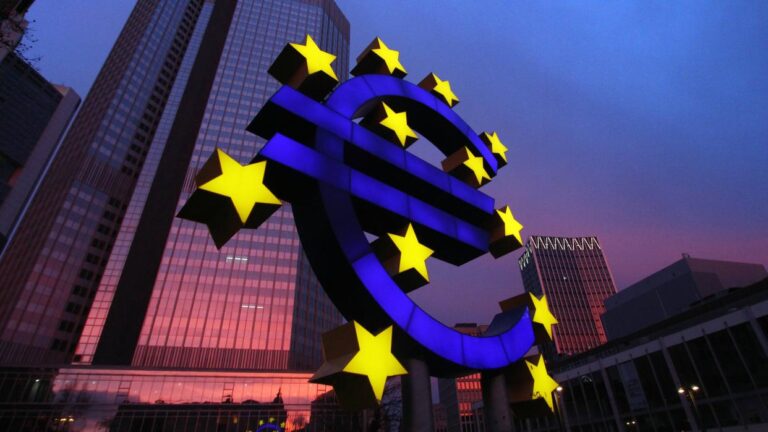
Morning Brief – Europe‘s third wave
Rising infection rates across much of Europe have been leading to souring fortune for the Euro with the world’s most liquid currency pair EURUSD providing a good snapshot of the rising Eurozone concerns over the past weeks and months. Announcements of lockdown impositions across Europe have spilled out like clockwork with core members of the Union limiting social mobility one after the other in order to attempt to limit the spread of the virus. Introducing peripheral measures and localised lockdowns until now, France and its President Emmanuel Macron have now conceded that a national lockdown totalling at least four weeks must take place to limit further hospitalisation and deaths associated with the covid-19 pandemic. Following the first lockdown, Macron’s stance on education has afforded him a degree of support as a proponent of the importance for schools to remain open. With strong evidence of viral spread in schools affirmed by the data from their testing programmes, through a combination of homeschooling and seasonal holidays, schools will now remain closed for three weeks at least in France, in a reminder of the severity of the spread in continental Europe.
The limited measures across a handful of member states over the last couple of months have seen elements of lockdown introduced across the Netherlands, Italy and Germany amongst other states. Rising infections across Europe’s open borders is fostering a more severe economic downturn from the third wave of the pandemic than had been expected moving into this seasonal shift. This undermining of expectations and a downgrading of economic forecasts provide the key to understanding the most likely path of the Euro. Globally, a third wave has been common place but it is the severity of Europe’s particular experience this time around and the souring of sentiment within the Eurozone that will limit progress in the Euro over the coming weeks.
In the UK, the vaccination programme is now sufficiently advanced in order to isolate a statistical significance to the role of the vaccination programme upon transmission and hospitalisation in the aggregate population. This follows experimental findings and empirical studies of nations including, for example, Israel who led an early immunisation push. This fact is giving further weight to the importance of a successful immunisation programme which at the moment is relatively non-existent in the Eurozone. Whilst the depreciation of the Euro associated with revised expectations to date will provide a discount in the Euro and a lower base from which to magnify a catch-up effort, the momentum remains on the side of continued underperformance rather than catch-up. The reality it seems in the Eurozone therefore is weakness in sentiment and the bloc’s currency for longer than anticipated until forecasts begin to align once again.
The continued fallout from the handling of the vaccination programme and in particular the bloc’s handing of the Astra vaccine could damage its fortune in markets. With Macron having to backtrack on his policy surrounding the importance of the schooling and education sectors remaining open, we are reminded of the potential political implications of this third wave. With elections in France only a shade over 12 months away, a populist energy is building in France. This shift is evident across the Eurozone and visible within recent electoral outcomes across Germany and the Netherlands and could mean the legacy of covid-19 continues to affect the Euro long after the market’s fixation on relative case rates expires.
Discussion and Analysis by Charles Porter

Click Here to Subscribe to the SGM-FX Newsletter
Related Insights

Daily Brief – Chancellor Reeves
Chancellor Reeves Market observers were no better informed at the end of the Rachel Reeves speech than they were at the outset yesterday morning. The only surprise was that having comprehensively floated options in the past two months for inclusion in her November 26 Autumn Statement, that the Chancellor should have elected to speak at […]

Daily Brief – Eurozone Growth
Eurozone Growth Those productive Germans have for the second month been less productive it turns out in December which was a surprise to the pointy heads deputed to monitor EU stats. The story is as follows: the German services sector remains relatively resilient but manufacturing output has declined. At present the French economy is doing the […]

Daily Brief – UK Economy
UK Economy The question is whether the contraction of 0.1% in the UK economy announced on Friday between August and October was as a result of the Chancellor’s economic strategy or due to her Hokey Cokey Budget that resulted in UK plc sitting on its hands for 3 months in the run up to November […]



 Humphrey Percy
Humphrey Percy